Management in Water sector
-
Doglas Benjamin Mmasi, James Mhoja Dossa
-
30 June 2025
476
179
Geospatial Analysis and Route Optimization for Sustainable Municipal Solid Waste Management in Morogoro Tanzania
DOI:
https://doi.org/10.56542/wi.jwempo.v2.i1.a1.2025
Download / view PDF
Keywords:
Operational efficiency, advanced geospatial techniques, Municipal solid waste management, Optimization
Abstract
This study focuses on enhancing municipal solid waste management (MSWM) in developing countries by integrating
advanced geospatial techniques with optimization algorithms. Utilizing Morogoro Municipality, Tanzania as a case study, the research employs GIS-based methods such as Markov chain analysis, suitability modeling, and route optimization to
comprehensively address waste generation analysis, facility location, and collection routing. The study identifies
significant variations in waste generation across different areas, with Kingolwira, Mazimbu, and Mwembesongo
generating the highest volumes. By optimizing collection routes, a 25% reduction in travel distances and an average travel
time decrease of 15 minutes per route were achieved. The analysis determined that 13 collection trucks are optimal for
managing 988.5 tons of daily waste across 52 routes. Landfill suitability analysis classifies 3,950,532m² as highly suitable
for development. These findings demonstrate that integrating GIS-based optimization techniques significantly improves
MSWM efficiency and aligns with Sustainable Development Goals 11, 12, and 13. The study recommends the
implementation of GIS-based systems, integration of waste management with sustainable urban drainage systems,
development of capacity-building programs, and establishment of a monitoring framework. Overall, this research offers a
replicable model for developing urban areas and provides practical solutions to enhance sustainability, operational
efficiency, and climate resilience in waste management practices.
